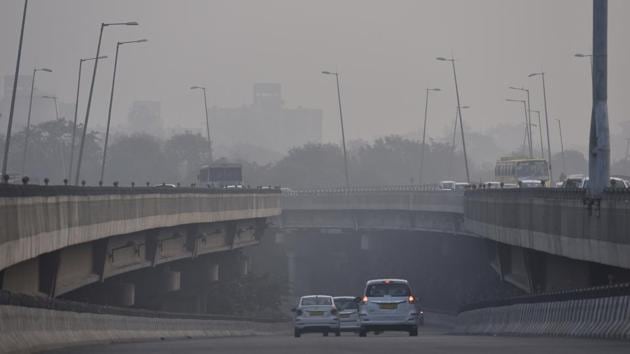Covid-19 restrictions reduced global pollution levels by nearly 20%, shows NASA study
According to the report, NASA model projections accounted for the normal variations in weather and atmospheric circulation since no two years are exactly alike.
The coronavirus-induced restrictions around the world significantly reduced pollutants produced by the combustion of fossil fuels, NASA researchers have found. They used computer models to generate a Covid-free 2020 for comparison purposes and concluded that pandemic restrictions, which led to a reduction in the use of fossil fuels by industry and transportation, subsequently reduced global nitrogen dioxide concentrations by nearly 20 per cent.

The researchers received data from 46 countries relaying hourly atmospheric composition measurements in near-real-time. As many as 50 of the 61 analysed cities show nitrogen dioxide reductions between 20-50 per cent. According to the report, NASA model projections accounted for the normal variations in weather and atmospheric circulation since no two years are exactly alike.
“We all knew the lockdowns were going to have an impact on air quality,” Christoph Keller, the lead author of the study, said in a statement.
“It was also soon clear that it was going to be difficult to quantify how much of that change is related to the lockdown measures, versus general seasonality or variability in pollution,” he added.
Also Read | All you need to know about NASA’s plan to involve private players in space exploration
The report suggests that Wuhan, the first epicentre of the coronavirus outbreak, was also the first to show reduced nitrogen dioxide emissions. The study showed 60 per cent lower emissions than simulated values expected. As the restrictions were imposed in Milan and New York, the cities recorded a 60 per cent and a 45 per cent decrease respectively.
Emma Knowland, a co-author, stated that at times, a decrease in air pollutants was recorded even before the official policies went into place. Knowland opined that people were probably reducing their transit because the talk of the Covid-19 threat was already happening before they were actually told to shut down. The findings of the study were presented at the 2020 International Conference for High Performance Computing, Networking, Storage, and Analysis.






